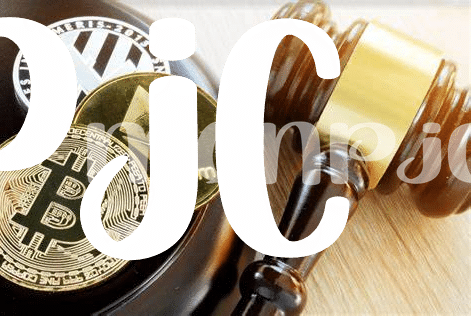Bitcoin Adoption 🌍

Bitcoin adoption has been steadily increasing worldwide, with more and more people embracing the digital currency as a decentralized alternative to traditional banking systems. From tech-savvy millennials to forward-thinking businesses, the global acceptance of Bitcoin signals a shift towards a more inclusive and accessible financial ecosystem. As individuals seek greater control over their money and transactions, Bitcoin offers a borderless and secure platform for conducting digital payments and investments. Its growing popularity reflects a growing trust in the potential of cryptocurrencies to revolutionize the way we think about money and banking.
Escape from Hyperinflation 💸
In Venezuela, as hyperinflation ravages the national currency, Bitcoin emerges as a beacon of financial stability. Citizens turn to this decentralized digital currency to safeguard their savings and conduct transactions in the face of rapidly depreciating Bolivars. The innovative use of Bitcoin offers a lifeline to individuals and businesses struggling to navigate the turbulent waters of economic uncertainty, providing a glimmer of hope amidst the chaos.
Challenges of Crypto Regulations ⚖️

Cryptocurrencies have faced significant hurdles when it comes to regulatory frameworks across the globe. This uncertainty in regulations poses challenges for users and businesses operating in the crypto space. The lack of clear guidelines can lead to legal complexities, hindering the widespread adoption of digital currencies. Despite these obstacles, many advocates argue that proper regulations can provide a safer environment for users while fostering trust and legitimacy in the crypto market. As governments navigate the complexities of regulating cryptocurrencies, finding a balance between innovation and consumer protection remains a key challenge.
Security Risks in Digital Transactions 🔒

In the realm of digital transactions, navigating security risks is crucial for users engaging in Bitcoin banking. Ensuring the safety of funds and personal information requires implementing robust encryption protocols and multi-factor authentication measures. The decentralization of cryptocurrencies offers a level of security against traditional financial fraud; however, the irreversible nature of transactions poses a challenge in cases of theft or hacking attempts. Staying informed about best practices and utilizing reputable platforms can significantly mitigate security vulnerabilities and enhance the overall safety of digital transactions. Learn more about Bitcoin banking services regulations in the United States [here](https://wikicrypto.news/exploring-the-future-of-bitcoin-banking-regulations-in-the-uk).
Impact on Traditional Banking 🏦
Traditional banking systems in Venezuela have been deeply impacted by the increasing adoption of Bitcoin. The decentralization and borderless nature of cryptocurrencies have challenged the traditional structures of financial institutions, prompting a shift in how people store and transfer their wealth. As more individuals turn to Bitcoin as a safe haven from economic turmoil and hyperinflation, the role of traditional banks is evolving. This dynamic landscape forces banks to reevaluate their services and adapt to stay relevant in a changing financial ecosystem.
Future Outlook and Opportunities 🚀

The future outlook for Bitcoin banking presents a landscape filled with promising opportunities for individuals seeking financial stability amidst economic turbulence. As more people turn to digital currencies as a means of preserving their wealth, the potential for growth and innovation within the crypto banking sector is substantial. The integration of blockchain technology into traditional financial systems has the potential to revolutionize the way we conduct transactions, offering greater security and efficiency for users worldwide.
For more information on Bitcoin banking services regulations, you can explore the guidelines in Vietnam by visiting Bitcoin banking services regulations in Vietnam and comparing them with the regulatory framework in the United Kingdom.
